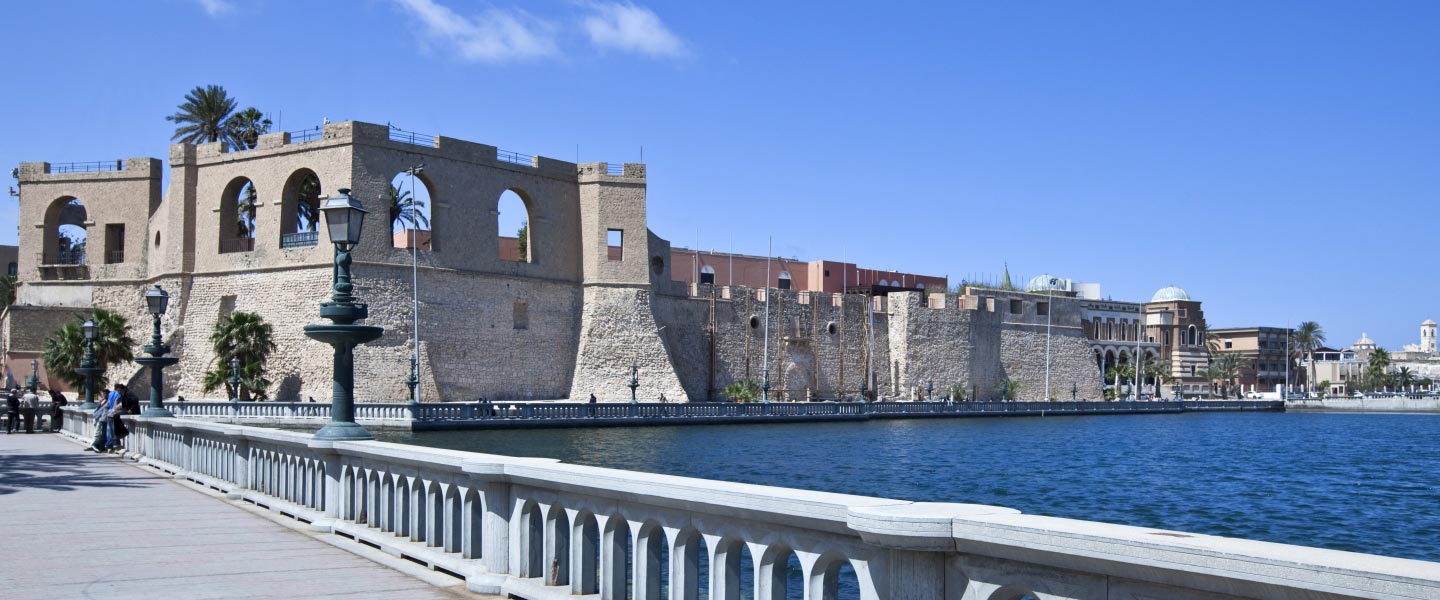The recent economic recovery has been short-lived, stalled in early 2019 by the most serious political crisis facing Libya since 2011. The outbreak of the war around Tripoli in April 2019 prevented Libya from continuing its strong economic expansion. Indeed, after its deep recession over 2013-16, driven by limited oil production (0.6 million bpd in average vs. a potential of 1.6 million bpd), the Libyan economy was able to substantially increase oil production above one million bpd in average over 2017-2019. As a result, real GDP growth reached an average of 21% during 2017-18, but slowed down sharply to 2.5% in 2019, and is expected to be negative in 2020.
The ongoing fight around Tripoli and the subsequent failure of the political rivals to reach a sustained peace deal have taken a heavy toll on the economy, which the Covid-19 pandemic is further exacerbating. In this context, the production and export of oil has almost come to a stop since January 18, 2020, due to the closure of oil ports and terminals. Assuming the disruption stays for up to end April 2020, and oil production resumes slowly to reach last-year’s average production level by the end of the year, Libya would only produce a daily average of 0.67 million bpd this year (about half of last year’s). As a result, GDP growth will be negative in 2020 (minus 19.4%), but will rebound by 22.2% in 2021, before stabilizing around 1.4% thereafter.
Risks to the baseline forecast are unusually high and tilted to the downside. First, peace and stability seem illusive given the conflicting agendas of the foreign countries supporting the main parties involved in the fight for power and wealth, which would delay recovery and stability. The disruption of oil production and export may continue for a longer period with disastrous economic and social consequences. Second, the ongoing spread of the COVID-19 infection in Europe is disrupting both demand and supply of commodities. Libya may suffer from lower demand for oil, reducing Libya’s income. It might also face lower supply of equipment and final consumption goods, which would disrupt further basic services delivery and increase the hardship of the population. Third, in case the spread of COVID-19 intensifies domestically, exacerbated by weak enforcement of social distancing and its high contagion among displaced people and migrants, it would be hard to address and contain the infection because of the decrepit health system.
